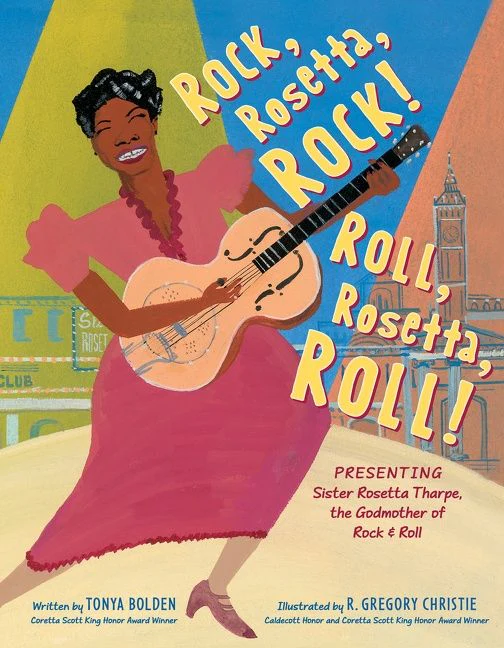Celebrating and Honoring Black History
- Shelby Jordan-Lake, MA, LPC, MT-BC
- Feb 6
- 3 min read
Black History Month is an important opportunity for our team and clinic to recognize and

honor the profound impact that Black history, culture, and music have on our lives. By highlighting Black musicians, their contributions, and the powerful role music has played in shaping history, we not only support our clients but also provide a space for education and appreciation.
Why We Celebrate and Raise Awareness
This celebration goes beyond February—it’s about creating a year-round commitment to celebrating Black voices, highlighting resources, books, and community events that reflect the richness and resilience of Black culture. Through representation and acknowledgment, we contribute to a more inclusive, understanding, and connected environment for everyone.
Black History is Music History
Black music therapists have made significant contributions to the field of music therapy, blending clinical expertise with a rich cultural heritage that has shaped both the practice and the therapeutic outcomes. Historically, Black musicians have been at the forefront of various music genres, from jazz and blues to gospel, country, soul, and hip hop, to name a few. This cultural influence has not only shaped popular music but has also deeply impacted music therapy practices, offering unique perspectives and approaches to healing through music.
Influence of Black History and Culture in Music Therapy
Cultural Competence and Inclusivity: Black history and cultural values emphasize community, spirituality, and resilience—qualities that are vital in music therapy. Music therapists who incorporate an understanding of these elements can create more culturally competent, sensitive, and relevant therapeutic interventions for Black clients.
Healing Traditions: Many Black communities have long utilized music, rhythm, and song in healing traditions, such as in African drumming or spirituals. These traditions emphasize the power of music to connect individuals to their heritage, express emotion, and provide emotional release — principles that resonate deeply within music therapy.
Rhythm and Expression: The rhythm and movement central to Black musical traditions have influenced how music therapists approach rhythmic interventions, such as drumming circles or guided improvisation. Rhythm is not just a structural element but a powerful emotional tool in therapy, helping individuals express feelings that may be difficult to verbalize.
Black Voices in Music Therapy
While specific statistics on Black music therapists are less widely available, organizations like Black Women's Music Therapy and the Black Music Therapy Network (BMTN) work to support the development of Black professionals in the field and ensure diverse representation. There is a growing recognition of the need for music therapists who can connect with diverse populations, with an increasing number of Black music therapists entering the field.
Representation in the field: According to some estimates, Black music therapists make up a small percentage of the overall music therapy workforce, but their presence is growing. Organizations like BMTN provide mentorship and resources to help nurture more Black professionals in the field.
Cultural outreach: There has been an increasing focus on recruiting Black music therapists who can connect with underrepresented communities, ensuring more inclusive therapeutic practices in both urban and rural settings.
Incorporating Black history and culture into music therapy practices helps not only to support the emotional and psychological well-being of Black clients but also enriches the profession as a whole by promoting diversity, understanding, and cultural exchange.
Through Black music therapists and the integration of cultural values into therapeutic techniques, the field continues to evolve and better serve a diverse population while honoring the power of Black music and history in healing and expression.
Black History is American History
It is imperative that we honor, share, learn, teach, and celebrate the beauty and richness of Black culture all year long. In our communities, in our homes, and in our sessions, may we uplift those around us to create a better, brighter future through remembering and honoring Black history.
“I was born with music inside me. Music was one of my parts. Like my ribs, my kidneys, my liver, my heart. Like my blood. It was a force already within me when I arrived on the scene. It was a necessity for me - like food or water.” – Ray Charles
Use these visuals and intervention plan to sing and dance as we learn about prominent Black leaders in history through Gracie's Corner's Black History Month Song all month long and beyond!

Black History Month Playlists
Utilize these playlists to celebrate Black musicians through lyrical analysis, songwriting, and movement in your sessions!
Books for Session
We look forward to amplifying black voices all February long and in our work each day as music therapists.
For more tools, tricks, and tips, visit our free resource portal at www.dynamiclynks.com/resources










































































Comments